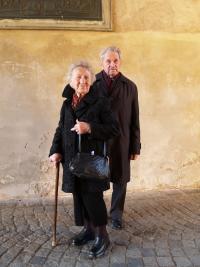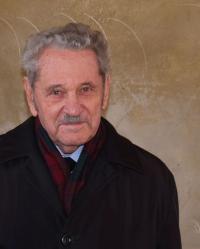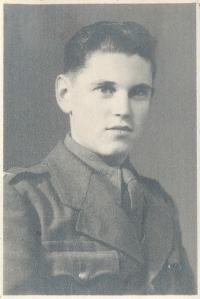The word of an elder was sacred in Volynhia

Download image
Jiří Hofman was born May 16th, 1923 to Antonie and Vladislav Hofman in a Ukrainian village of Družkopol, however he considers the village Martinovka, where he has spent most of his life till joining the army in 1944, his native place. The vast majority of Martinovka´s population was Czech. This former part of Polish territory was at the beginning of the WWII passed on to the Soviet Union. After the occupation of the Soviet Union by Germany on June 21st, 1941 the entire Volyně region was taken over by the German army. The territory gradually began to be administered by the Soviet Union again from 1944 onwards as the Red Army advanced. During this time Jiří Hofman joined the Czechoslovak army unit and was sent to a radio operators´ training in Murom. Upon completing the course he joined the First Czechoslovak army corps and took part in the fighting at Dukla. After the war he stayed in Czechoslovakia, became a professional army specialist and completed his grammar school education. Jiří Hofman has a strong interest in the history and fate of the Volyně region and the local Czech minority. He died 9.8.2011.


